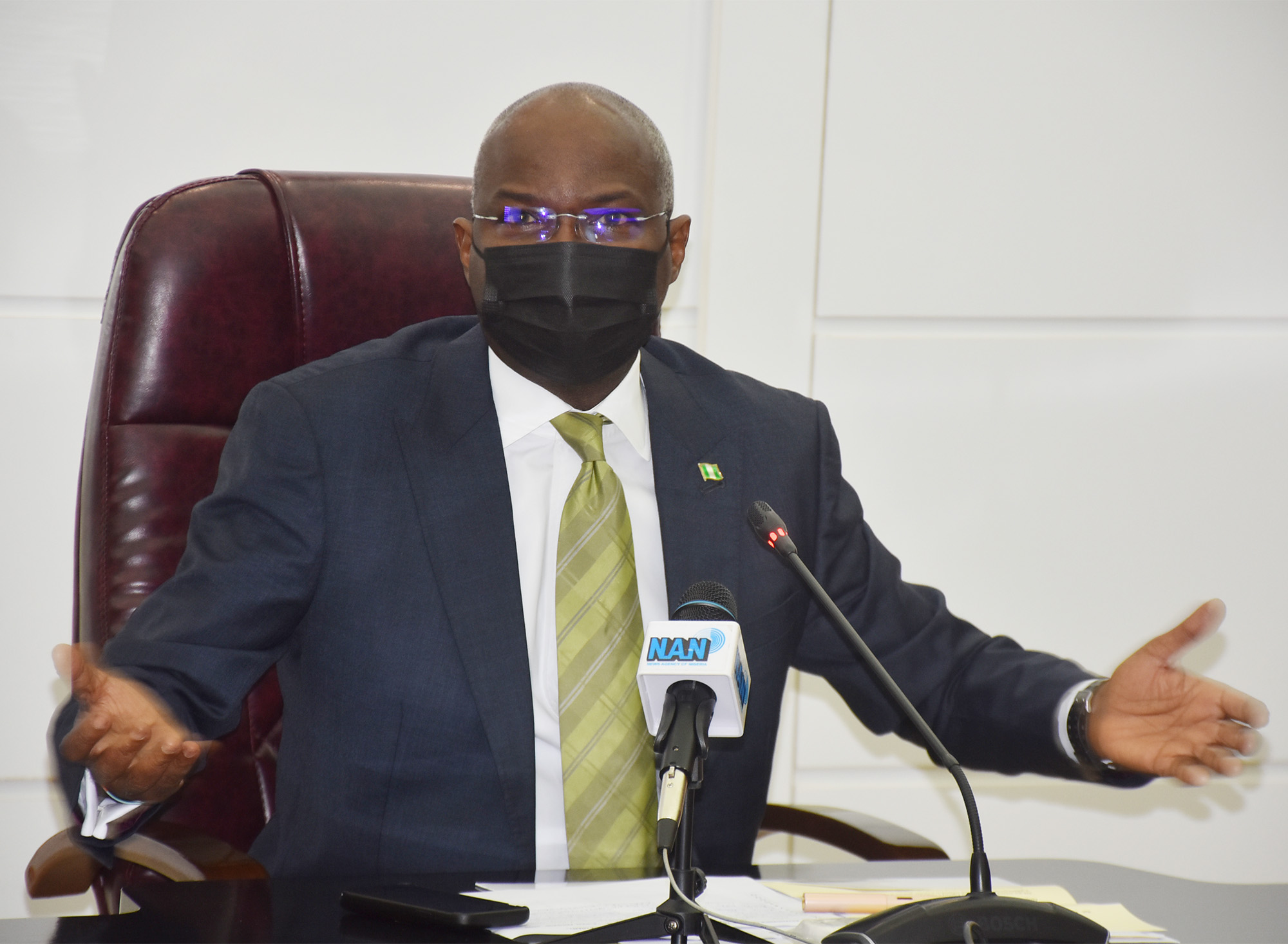Editorial
RITCS: The Way To Go

For many years, Nigeria has been combating a considerable infrastructure deficit because the economy is not generating sufficient revenues to close an infrastructure gap estimated at $3 trillion by Moodys. The African Infrastructure Development Index strongly indicates that the country ranks 23 out of 54 African economies in infrastructure development. It is an appalling performance. That is why the country has to be forward-looking.
Nigeria faces weak organic incomes and suffocating debt servicing. Between January and May 2021, the Federal Government raised N1.84 trillion but spent N1.8 trillion on debt charges. This translates into 98 per cent of total debt service revenues. The debt profile is similar to the 99 per cent of revenues used for debt servicing in Q1 2020.
To get out of the self-imposed embarrassment, the Federal Government conceived the idea of infrastructure funding by implementing a tax policy to promote infrastructure development. In January 2019, President Muhammadu Buhari signed into effect the Companies Income Tax (Road Infrastructure Development and Refurbishment Investment Tax Credit Scheme) Order 2019.
This tax system allows the participating company to recover costs incurred in the construction or rehabilitation of eligible roads as income tax credits payable by the partaking company. The tax credit can be carried forward to future years until it is fully used and redeemable. A company taking part in the scheme may sell or transfer its unused tax credit to others.
Zainab Ahmed, the Minister of Finance, said the strategy would stimulate private sector investment in Nigerian roads across critical economic corridors and industrial clusters, relieving the government of the burden of funding the initial outlays for these investments. She has a point. Indeed, if properly implemented, the programme has the potential to improve Nigeria’s road infrastructure. It may also enable the government to utilise public funds on other sectors of the economy apart from roads.
Several participating companies have already expressed an interest in the scheme and are involved in projects execution. These include MTN: 110km Enugu-Onitsha Road in Anambra State in exchange for tax credits; Transcorp Group: Oyigbo-Izuoma-Mirinwayi-Okoloma-Afam Road; Access Bank: Oniru axis of VI-Lekki Circulation Road in Lagos State.
Others are GZI Industries: Umueme Village Road, Abia State; Mainstreet Energy: Malando-Garin-Baka-Ngwaski Road; The BUA: Bode-Saadu-Lafiagi Road; Eyinkorin Road and Bridge; NLNG: Bodo-Bonny Bridges and Road and the Dangote Group: Obajana-Kabba Road, among others.
Dangote Cement Plc is the most prominent participant in this system. A tax credit certificate worth N22.3 billion was awarded to the firm to construct the Apapa-Oworonshoki-Ojota Road in Lagos and the Lokoja-Obajana-Kabba Road connecting Kogi and Kwara States.
We appreciate Buhari’s Federal Government for this innovative approach to infrastructural development in the country and expect other companies to join the fray as it promises to give the nation’s infrastructure a facelift. As a result, participating companies will control cash flows rather than make cash payments. They can also give value to society by picking the assets they seek to finance.
Critics of the model insist that it could deprive the nation of income if more companies adopt the regime. However, while we think that revenue target is important as projected by the castigators, it is not as significant as the optimisation of funds when collected. The question is: are we getting value for money? Given the present high level of corruption, this is surely the safest way to proceed.
The initiative has different attractions for various stakeholders. For the government, it is the ability to execute more development projects within a short time. For companies, they have a combination of brand edge and cash flow management. Cement manufacturers, for example, are also able to record improved sales of their products used in road construction; hence, they benefit both explicitly (financially) and implicitly (brand improvement).
However, the success of this enterprise and any other will depend greatly on the transparency of the process and the sincerity of the parties concerned. The policy itself is well established, and unless there are corrupt proclivities on the part of any party, it should function congruously.
Also, the Order setting up the contrivance, expected to last for 10 years, does not indicate the criteria for selecting eligible roads and participants that would construct or refurbish such roads. We also note that there is no dispute resolution mechanism in the Order, particularly concerning the determination of the cost of projects.
Furthermore, when compared to returns on other investments, it is doubtful whether the Monetary Policy Rate (MPR) — currently 11.5% — is sufficient return on project cost, especially for companies for which an Eligible Road would not positively improve their operations and grow their businesses. Those are critical questions the Federal Government must address for the model to succeed.
To ensure that the attractiveness of the strategy is not diminished, a constant review to deal with the grey provisions of the Order and manage any stakeholder concerns arising from the implementation of the scheme is imperative. Again, action is needed to ensure that the model is executed impartially nationwide to effectively finesse the widespread infrastructure gap throughout the country.
Editorial
Time For GL 17 In Rivers

Editorial
For A Prosperous 2026


